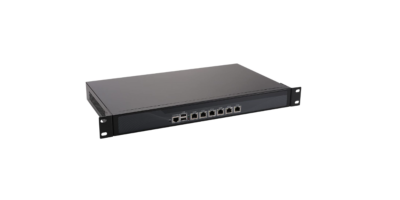Navigating EHR Implementation Challenges: Best Practices
Electronic Health Record (EHR) systems have revolutionized the healthcare industry, streamlining processes and improving patient care. However, the road to…


 MedicalITG Cyber TitanA unique and secure approach for the healthcare industry to achieve then maintain security and HIPAA compliance
MedicalITG Cyber TitanA unique and secure approach for the healthcare industry to achieve then maintain security and HIPAA compliance Security Operations PlatformA complete Security Operations Platform for Managed Detection and Response (MDR) and triaged by the Concierge Security® Team
Security Operations PlatformA complete Security Operations Platform for Managed Detection and Response (MDR) and triaged by the Concierge Security® Team Managed Endpoint ProtectionProfessionally Managed Service paired with a next-gen security suite protects against ransomware, zero-day, malware, fileless attacks, and other sophisticated threats
Managed Endpoint ProtectionProfessionally Managed Service paired with a next-gen security suite protects against ransomware, zero-day, malware, fileless attacks, and other sophisticated threatsElectronic Health Record (EHR) systems have revolutionized the healthcare industry, streamlining processes and improving patient care. However, the road to…
Electronic Health Records (EHR) have revolutionized the healthcare industry by streamlining data management, improving patient care, and enhancing overall operational…
Maintaining an electronic health record (EHR) has many benefits for healthcare professionals and patients. For healthcare professionals, having an EHR can help with organizing patient data, diagnosing and treating patients, and billing. For patients, having an EHR can help with tracking medical history, medications, and allergies.
Electronic health records (EHRs) are digital versions of the paper charts and files that healthcare providers have used for generations to document patient care. They usually include information such as a patient’s medical history, diagnoses, medications, immunizations, and laboratory test results.